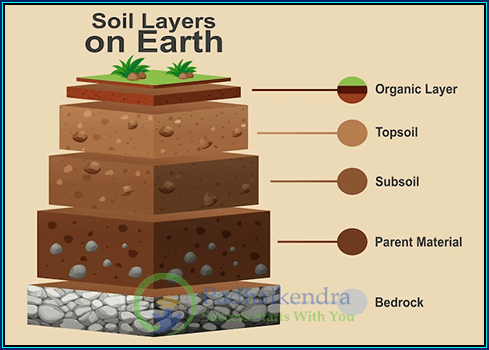What is a mineral?
A mineral is a naturally occurring, inorganic solid substance with a definite chemical composition and a crystalline structure. Minerals are typically formed by geological processes over long periods of time and can be found in a wide variety of environments, such as igneous rocks, sedimentary rocks, and hydrothermal veins.
There are thousands of known minerals, each with its own distinct chemical and physical properties. Some common examples of minerals include quartz, feldspar, mica, calcite, and hematite.
To be considered a mineral, a substance must meet the following criteria:
- Naturally occurring: The substance must be formed by natural geological processes, rather than being synthetic or man-made.
- Inorganic: The substance must be made up of non-living materials, such as minerals, metals, or chemicals.
- Solid: The substance must be in a solid state at normal temperatures and pressures.
- Definite chemical composition: The substance must have a fixed chemical composition that is unique to that mineral.
- Crystalline structure: The substance must have a repeating, ordered arrangement of atoms or molecules that form a crystalline structure.
Minerals are important resources for a wide range of industries, including construction, manufacturing, and electronics. They are also valuable for scientific research and are used to help understand geological processes, as well as the history of the Earth and other planets.





